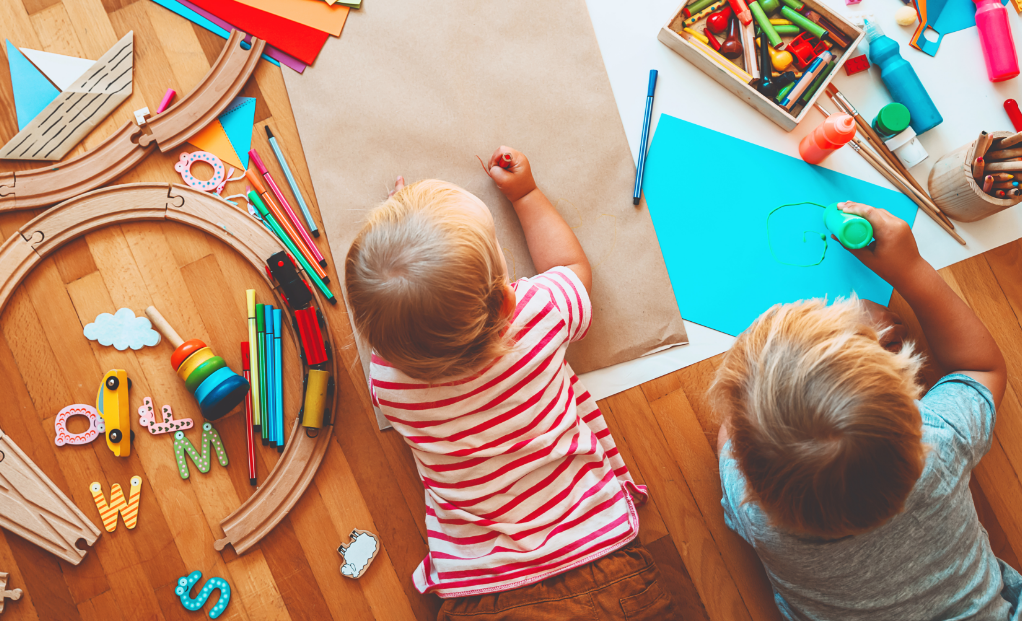The Significance of Parent Involvement in Early Childhood Education

Early childhood education plays a vital role in shaping a child's development and future success. While teachers and educational institutions play a crucial role in a child's education, the involvement of parents is equally important. Parental involvement in early childhood education has numerous benefits and significantly contributes to a child's overall growth and learning. In this blog post, we will explore why parent involvement is so important in early childhood education.
Enhancing Academic Performance
Parental involvement positively impacts a child's academic performance. When parents actively participate in their child's learning journey, they create an environment that fosters curiosity, motivation, and a love for learning. By engaging in activities like reading together, helping with homework, and discussing school experiences, parents reinforce the importance of education and provide invaluable support that enhances their child's academic achievements.
Social and Emotional Development
Parental involvement contributes to a child's social and emotional development. When parents are actively engaged in their child's education, they establish a strong bond and sense of trust, promoting emotional well-being. Additionally, parents can help their children develop important social skills by encouraging positive peer interactions, promoting empathy and understanding, and teaching problem-solving techniques. Such involvement helps children navigate their emotions effectively and builds their self-confidence.
Bridging the Gap Between Home and School
Parents are their child's first and most influential teachers. By actively participating in their child's early education, parents bridge the gap between home and school environments. Regular communication with teachers allows parents to stay informed about their child's progress, challenges, and areas for improvement. This collaboration between parents and educators creates a supportive network that maximizes a child's learning potential and ensures consistency in their educational experiences.
Instilling a Love for Learning
Parental involvement nurtures a lifelong love for learning in children. When parents demonstrate enthusiasm for education and engage in learning activities with their child, they inspire a sense of curiosity and exploration. Children observe their parents as role models, and when they witness their parents valuing education, they are more likely to develop a positive attitude towards learning. This foundation instills a lifelong love for knowledge and encourages children to become lifelong learners.
Holistic Development
Early childhood education focuses on nurturing various aspects of a child's development, including cognitive, physical, social, and emotional growth. Parental involvement ensures a holistic approach to a child's development. By actively participating in their child's education, parents can provide a well-rounded support system that aligns with the child's individual needs and strengths. This collaboration between parents and educators enables a comprehensive approach to education that considers the child's overall well-being.
Parental involvement is an essential component of early childhood education. It significantly contributes to a child's academic success, social and emotional development, and overall well-being.
When parents actively participate in their child's education, they create a nurturing environment that fosters a love for learning and provides invaluable support. By bridging the gap between home and school, parents and educators can work together to ensure a holistic approach to a child's development.
Ultimately, by embracing parental involvement, we can empower our children and set them on a path towards lifelong learning and success.


